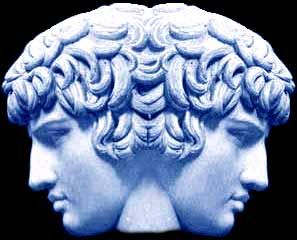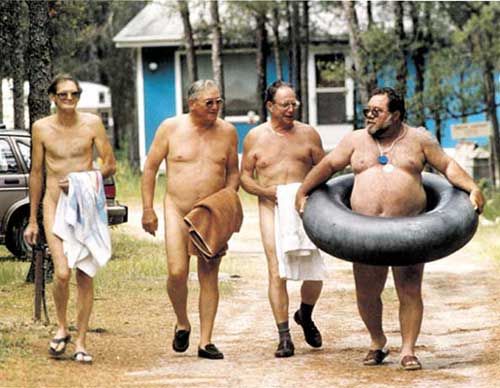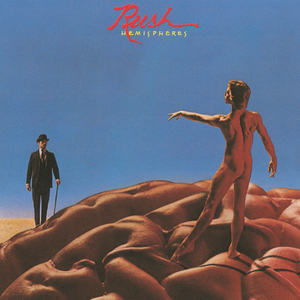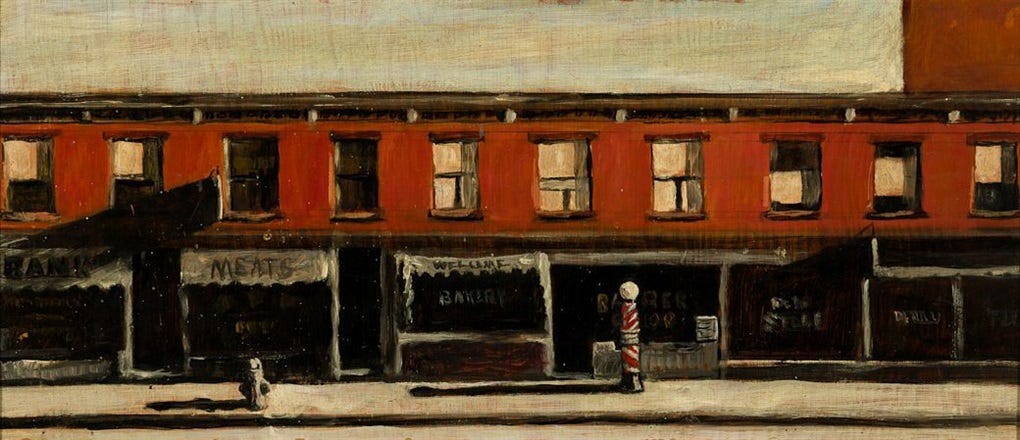I had just gotten through the premiere performance of Burning the Old Man, which was produced by Boomerang Theatre Co., directed by Tim Errickson. It was a big hit, won the first ever NYIT Award for Outstanding Full Length Script, and got published- first in full by NYTE as part of their Plays and Playwrights Series. Then it went on to be featured in scene books and anthologies from Applause Books and Smith and Kraus. And then, to make me feel like Superman, the show gets a 3 year run in Prague at the fabled Divaldlo na Zabradli. In the Fall of 2004, I didn't know all that was going to happen- just that I had a really good play on my hands, and it was going places. What to do now?
I thought it would be cool to write as long a scene as possible that would hold people's interest and be viable as a piece of theatre. It was one of those "this would be a fun experiment" type of notions. Now all I needed was something to write about- and fate, as usual, provided material. First, I got a call from an old friend telling me he was getting divorced. We had many conversations in the following months about divorce, love, life- you know, all the things friends talk about when going through some serious issues. Second, shortly after hearing about my buddy's divorce, I was at a party, eavesdropping- a habit lots of writers do without even realizing they're doing it. I was listening to these two young ladies sizing up the party, and in particular the young men at the party. One girl said "that guy thinks he's gonna end up with you tonight". The other girl rolled her eyes, and in a very direct tone said "well, at some unfortunate hour, he's gonna realize that he's an asshole". The girls laughed and changed the subject, but I was struck by the idea that a person would have this hour in their life where they suddenly realize some ugly truths about themselves.
And the wheels in the playwright section of my brain started to turn.
How about a play set in a bar where a guy who has just gotten divorced has his unfortunate hour, the one where he realizes that maybe he's kind of responsible for what's been happening to him? Yeah, and the dude is kind of crazy and charming and drunk. Drunk and/or stoned characters are great to write in that they allow for lots of danger, emotion, and language that is all over the map. So I start to write. I test out some of it at The Pool, a writers group in NYC. People respond positively. I read some of it over to the phone to my recently divorced friend. He digs it, a lot. Things start to fall in place. I name the guy in the bar Tom, after Poor Mad Tom O'Bedlam- a figure from old English literature who is referenced in King Lear. At first, I have Tom just ranting to no one in particular- but as I go along, I decide to have him talking to a bar tender. And then, I think to myself- what if the bar tender is a woman who has always carried a torch for old Tom? Kind of adds dramatic tension. I like this idea, and Janus, the smart ass and long suffering bar tender, is born. I name her Janus after the Old Roman God of doorways and beginnings- because I'm nerdy like that.
So things are cooking along with the show. I got an opening monologue that I am pretty happy with- and everyone I read or recite it to by memory really seems to respond. In that opening monologue, Tom goes on about how all he wants from a wife is some faith, hope, and charity- a reference to First Corinthians 13:13, which you've probably heard at numerous weddings, (and which I recall from my youth, when I wanted to become a minister- but that's a story for another day). I figure, why not have a lady walk in who Tom instantly falls for- and tries to hook up with? And, just for shits and giggles, why not have her name be Charity?
Here's the opening monologue:
TOM
It comes down to two choices, when you get down to it. You can either be Asshole Happy Clown, or Idiot Sad Clown. Asshole Happy Clown is happy because he thinks people suck-that we're just a bunch of assholes. And he is constantly proved right. So he smiles, not so much because he's glad the world sucks, but because, asshole that he is, nothing makes him happier than being right. Even if it's about something terrible. Idiot Sad Clown is the optimist of the pair. He thinks-no, believes-in the inherent goodness of people. He holds out great hope for us all. And he is continually heartbroken. People do the stupidest shit imaginable, on a constant basis-both to themselves and to each other. They lie to each other. They take advantage of each other. They don't tell you what's really going on inside, even if you ask them again and again. “What's going on?” “Nothing, everything's fine.” They leave you. With little to no explanation. They say things like, “This package was broke when you bought it,” whatever the fuck that is supposed to mean. Who says shit like that? Broke when you bought it? Not only is that fucked up in its own right, it implies a belief that most of us packages aren't broken. That most of us are just fine. Which is crazy. I promise you, there are no unbroken packages. None of us are without a dent or two or twelve. Broke when you bought it? Jesus fucking Christ! When I got married, what I had hoped for-what I prayed for, in my lapsed Irish Catholic way (takes a shot of whiskey from the bar, steps downstage and looks up. He crosses himself with the shot)-the three things I was looking for in my wife were, in no particular order: Faith, Hope, and/ or Charity. (downs the shot) What did I get? The complaint department at Sears! I got the fucking Maytag Repairman! Looking for a wife, I got some old turd telling me that he has the loneliest job on the face of the Earth. Which is bullshit. The loneliest job on the face of the Earth was, until this afternoon, according to a certain paper I signed down at the courthouse, held by me. Oh my dear God. I'm the Maytag Repairman! Ah, Jesus, I don't want to fix washing machines. I want-No, I hope-to one day be called upon to repair some lost soul. Of course, I don't know how to do that, so part of me is happy that the phone never rings down in the soul department at Sears-(Tom's cell phone rings. He takes it out, looks at the number, pushes cancel, puts phone back in his pocket)-but still, I'd like to give it a try. Just once. And for real, not for make-up. Did you know that most of life is a game of make-up? It is. We make up these characters, these people who we'd like to be-and we spend our lives playing our ideas of ourselves. And that seems crazy to me. Faith, Hope, and Charity. The three Weird Sisters. The Three Amigos. That's all.
Not terrible, right? I have a new, three character play in the form of one scene that's almost half an hour long, and full of what I think is brilliance. And then I get stuck. Like nothing is coming, the play will never be done, and I hate it all kind of stuck.
Sometimes, writing is sublime. Sometimes, not so much. I've got to figure out a way to get back on course. The magic, along with Elvis, has left the building, and suddenly I am wandering in the desert. I take a trip home to California to visit Mom, and hope something will come- some new door will open that will let me finish this play.
To Be Continued...
Links:
To see how to get a digital version of SOME UNFORTUNATE HOUR, go here:
To see how to order a copy of Plays and Playwrights 2006, featuring Burning the Old Man,
For info on INDIE THEATER NOW, the new digital theatre library, go here:
For info on Boomerang Theatre Company, go here:









